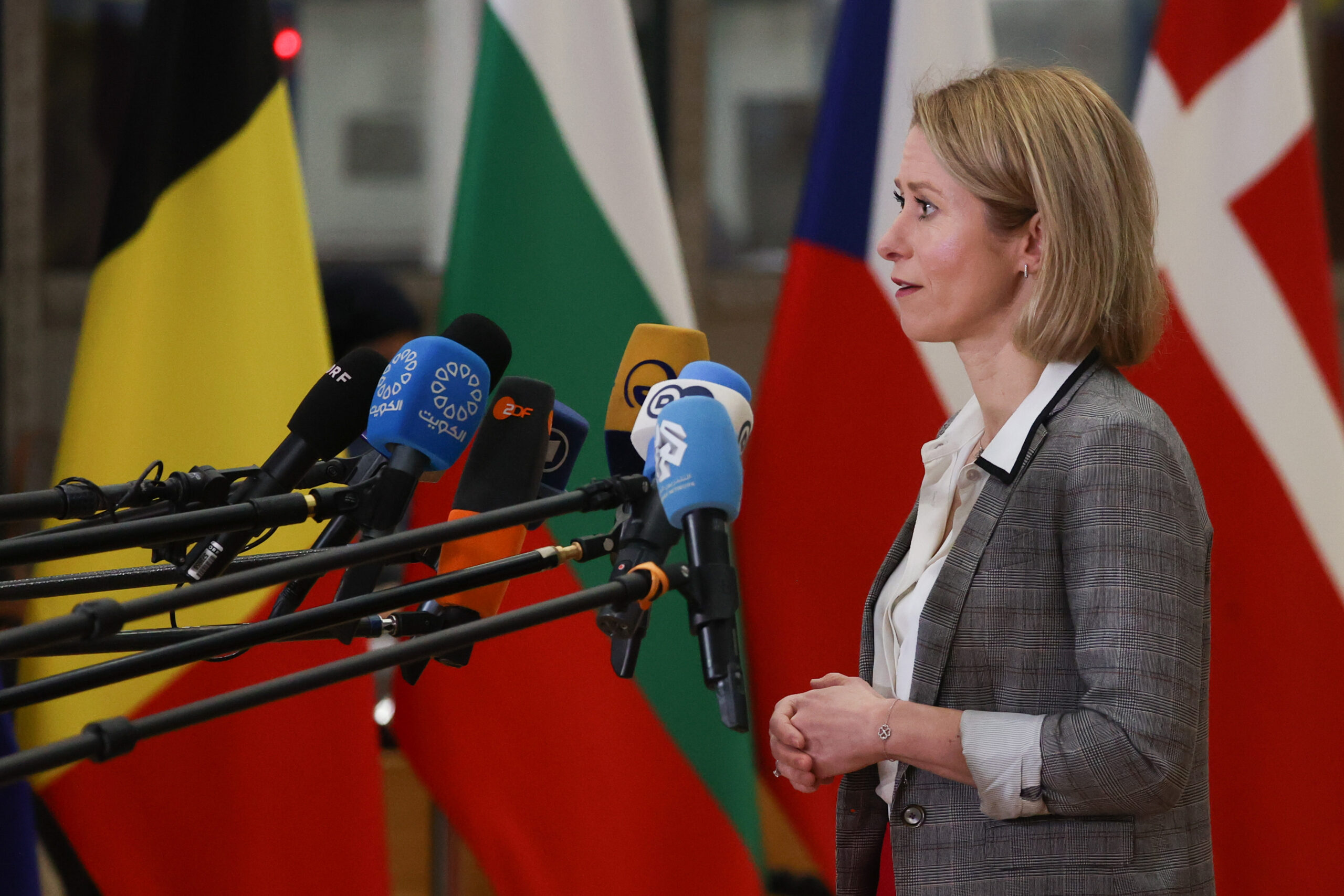Brussels – The list of individuals and entities sanctioned by Brussels in the wake of Russia’s war of aggression in Ukraine continues to grow. EU foreign ministers today (Dec. 16) gave the green light to the fifteenth sanctions package against Moscow, targeting 52 ships of the ghost fleet with which the Kremlin circumvents Western restrictions on oil trade. Brussels is increasingly determined to hit those who support the Russian war effort: China and North Korea.
The new package, which imposes restrictive measures on 54 individuals and 30 entities, includes two senior officials of the Kim Jong-un regime, one individual, and six Chinese entities. As for Beijing, it is the first time since the start of the Russian invasion that the EU has adopted “full-fledged” sanctions – which include a ban on entry to European soil, asset freezes, and a ban on making funds available – against individuals and entities found guilty of facilitating the circumvention of Western sanctions on Moscow and supplying dual-use civilian-military components to Russia, such as sensitive drone components. The sanctions on Pyongyang Defence Minister, No Kwang Chol, and the Deputy Chief of Staff of the Korean People’s Army, Kim Yong Bok are a direct result of the deployment of North Korean troops at the front lines in Russia.
Against the increasing military cooperation between Kim Jong-un and Putin, the foreign ministers of the G7 countries also spoke out today, condemning ‘in the strongest terms’ a bond that “marks a dangerous expansion of the conflict.” Canada, France, Germany, Italy, Japan, the United Kingdom, and the United States, along with the European Union and the closest Indo-Pacific partners – Australia, South Korea, and New Zealand – said they were “deeply concerned about the political, military, or economic support that Russia might provide to Pyongyang’s illegal weapons programmes.”
With the new designations, the EU brings to 79 vessels in Russia’s “ghost fleet,” ships that do not fly EU flags “involved in high-risk shipping practices in the transportation of Russian oil or petroleum products, delivery of weapons, theft of grain, or support of the Russian energy sector.” The ships will no longer be allowed to dock in European ports and will be subject to a ban on the provision of services. In this way, Brussels hopes to raise the cost of using such ships for the Kremlin and reduce the number of vessels capable of transporting Russian crude oil.

The new crackdown “demonstrates the unity of member states in our continued support for Ukraine,” said EU High Representative for Foreign Affairs, Kaja Kallas, adding: “There can be no doubt that Ukraine will win.” In total, the package adds 32 new companies to the list of those supporting Moscow’s military and industrial complex: in addition to 20 on Russian territory, seven under the jurisdiction of China and Hong Kong, two from Serbia, and one each from Iran, India, and the United Arab Emirates. Tighter restrictions on exports of dual-use goods and technology and advanced technology products will now apply to these firms. The EU also chose to sanction the military unit responsible for the attack on the children’s hospital Okhmadyt in Kyiv last July, which killed dozens and injured hundreds of people.
However, today’s measures include derogations to “protect the interests of EU operators.” The package extends some existing exemptions that enable companies of member states to divest from Russia. Also, to address the increasing litigation and retaliatory measures in Russia leading to the seizing of EU Central Securities Depositories (CSDs) assets, today’s package includes a loss recovery derogation and a no-liability clause for EU CSDs.
English version by the Translation Service of Withub









